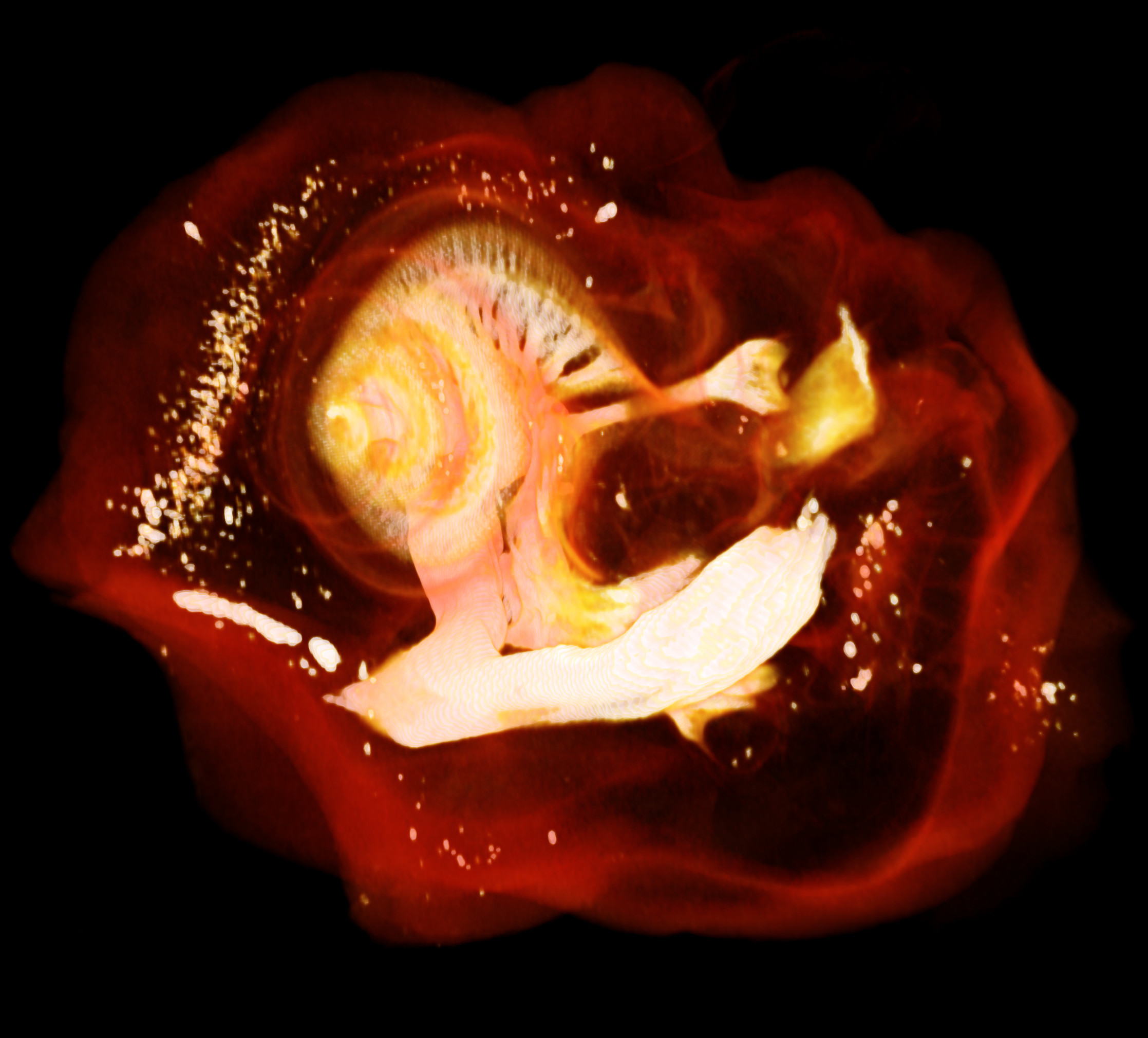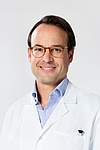CD Laboratory for Inner Ear Research: Function Preservation and Regeneration

This CD Laboratory investigates the underlying mechanisms of inner ear diseases and researches various therapeutic approaches for the treatment of hearing loss. In particular, the high prevalence of hearing loss worldwide and the expected increase in hearing loss require innovative research strategies to improve patient care.
The causes of hearing loss can vary greatly; from congenital deafness to age-related hearing loss, there are a variety of triggers, including infections, certain medications or idiopathic sensorineural hearing loss (also known as "sudden deafness"). The most successful treatment to date for persistent functional deafness is the cochlear implant, which stimulates the hearing organ through an inserted electrode and has now been in clinical use for over 30 years. This can not only lead to a recovery of hearing perception in deaf patients, but also enables age-appropriate speech development in affected children as well as the resocialization of people whose hearing has been significantly lost at an advanced age and whose associated isolation otherwise often leads to a reduction in quality of life and even severe depression. However, in addition to or as a supplement to the use of implantable hearing systems, inner ear diseases and associated hearing loss also require specialized treatment methods such as improvements in terms of local medication application or the necessary microsurgical interventions.
The focus of the CD Laboratory for Inner Ear Research is to investigate the preservation and regeneration of hearing function. With the help of translational research approaches, new cochlear implant technologies are researched and promising active substances are analyzed for their application in the inner ear. The combination of these substances with cochlear implants in the sense of a special coating should provide information on new therapeutic options. The detailed properties of active substances in the inner ear are being investigated in both small and large animal models and should define the optimal area of application in everyday clinical practice. As the inner ear in the petrous bone is to be regarded as an independent unit and only a small proportion of substances in the blood, for example, reach the auditory organ compared to other regions of the body, these analyses can be used to investigate the amount of active substance that actually accumulates in the inner ear and its effect on the tissue. The resulting findings allow conclusions to be drawn about intracochlear physiological conditions, which are highly relevant for clinical application. An important goal of this CD Laboratory is to generate basic scientific results that are subsequently clinically relevant for the treatment of inner ear diseases.
However, the therapy options to be researched are not limited to conventional drug applications or cochlear implants, but also include various forms of administration such as novel drug delivery devices or viral vectors used in gene therapy. Depending on the underlying pathomechanisms of sensorineural hearing loss, atraumatic applications in the already sensitive auditory organ are being investigated. Furthermore, it is of great importance to gain an in-depth understanding of the cellular and molecular processes involved in the inner ear. In this CD Laboratory, the fluid-filled inner ear is to be analyzed for specific protein and mRNA profiles by taking samples of the so-called perilymph ("liquid biopsy") in an animal model. Relevant immune markers will be used to compare "healthy" and "pathological" perilymph samples. In the combined application of cochlear implantation and gene therapy, the resulting findings should not only attenuate the foreign body reaction that occurs, but also improve hearing function and thus speech comprehension, which is relevant for patients. Ultimately, augmented cochlear implants relevant to specific inner ear diseases will be researched, thereby improving clinical care for affected patients.

Christian Doppler Forschungsgesellschaft
Boltzmanngasse 20/1/3 | 1090 Wien | Tel: +43 1 5042205 | Fax: +43 1 5042205-20 | office@cdg.ac.at

